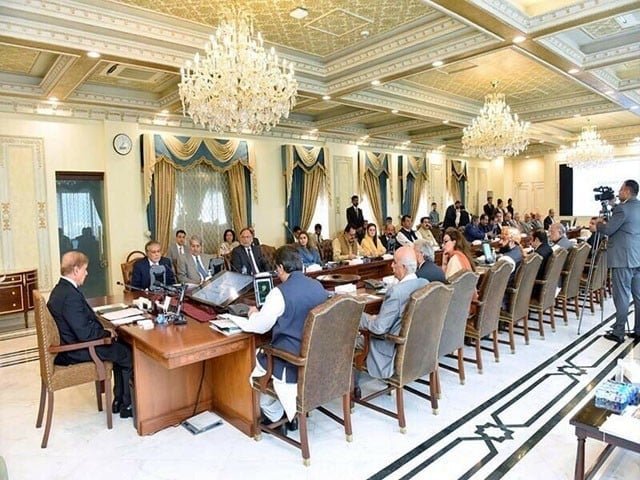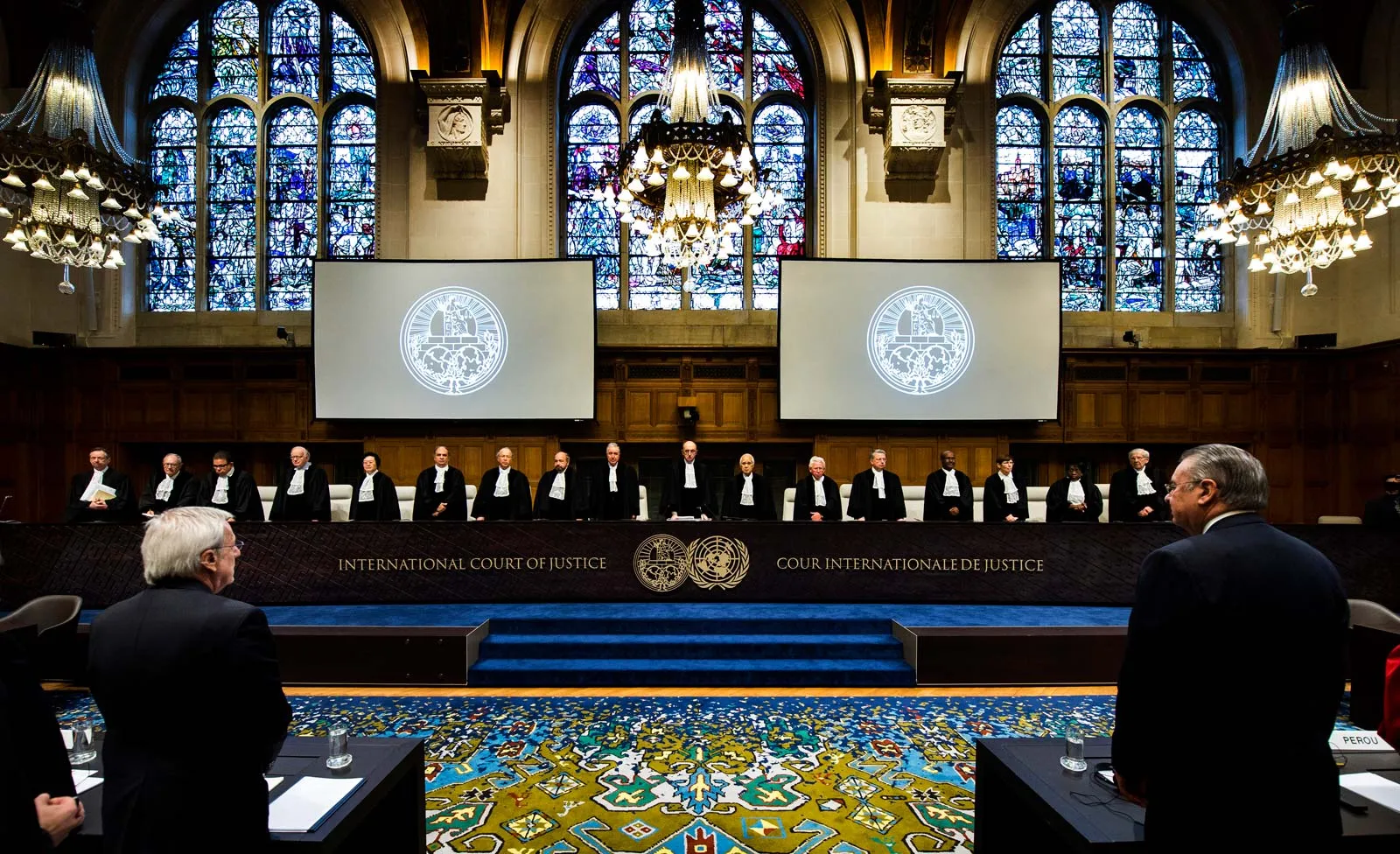Top leaders of the Pakistan Tehreek-e-Insaf (PTI) stressed the crucial role of the Supreme Court in taking suo motu notice of the recent arrests of its members following the party’s legal victory on reserved seats. At a press conference in Islamabad, PTI Secretary General, Omar Ayub, and other leaders voiced serious concerns about the current political situation, underlining the gravity of the situation and the need for the Supreme Court’s intervention.
Ayub expressed apprehension about the direction the country is headed, stating, “The path being taken will only lead to destruction. New elections are the only solution to the country’s problems.” He highlighted the disappearances and alleged mistreatment of party members, including instances of [specific incidents], underscoring the undermining of parliamentary significance.
Citing the legal case involving Sheikh Waqas Akram’s mother as an example, Ayub accused the government of unconstitutional and illegal actions. He cautioned the government to reconsider its approach, announcing that PTI plans to disclose its future course of action in an upcoming party meeting.
Pl subscribe to the YouTube channel of republicpolicy.com
Asad Qaiser, former Speaker of the National Assembly and PTI leader, also condemned the government’s alleged coercion tactics. He asserted, “Our 45 MNAs are being targeted to change their loyalty, with offers of ministries and money. If they refuse, they face pressure from anti-corruption agencies.” Qaiser called for the Supreme Court to take suo motu action, deeming it contempt of their decision, which is a serious violation of the court’s authority and can result in [specific consequences].
Qaiser announced a PTI rally on August 5 to protest the illegal arrest of Imran Khan and address the issue of inflation, while also urging all Pakistanis to participate in the demonstrations. Additionally, he supported Jamaat-e-Islami on the issue of Independent Power Producers (IPPs), calling for a review of the agreements to alleviate the burden of inflated bills on the people.

















